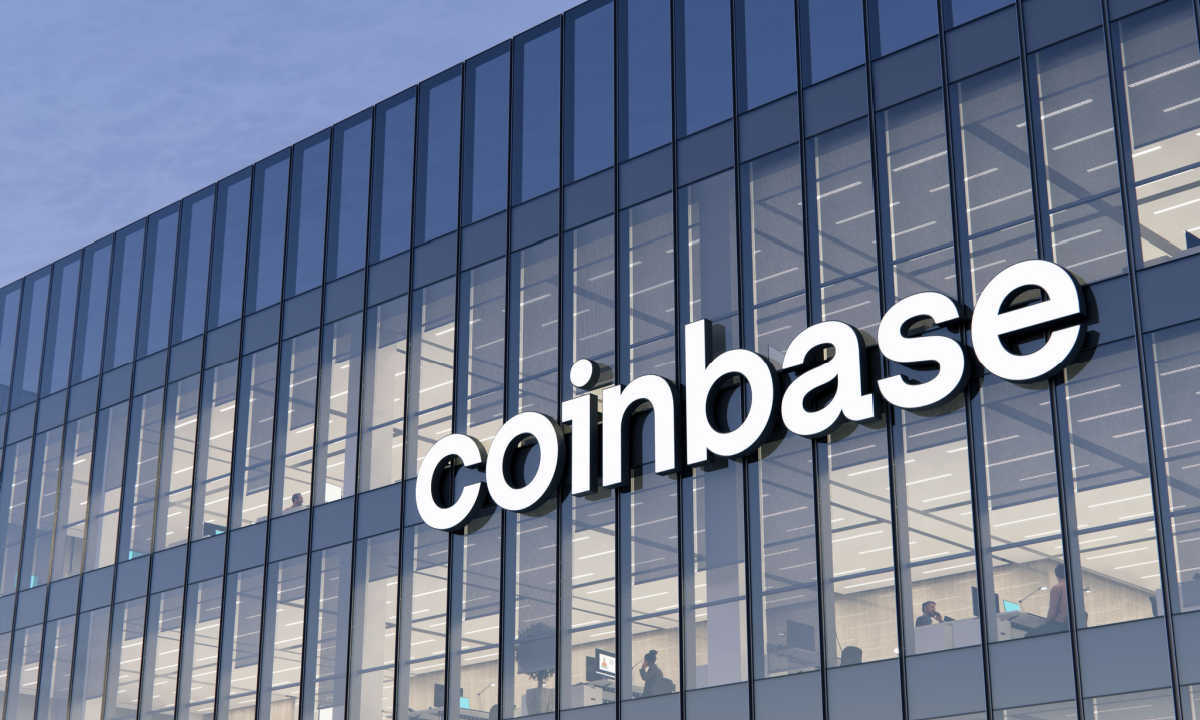Upbit, South Korea’s largest cryptocurrency exchange, has disclosed a $36.8 million security breach involving Solana-based assets. The exchange halted deposits and withdrawals on the Solana network, and also pledged to cover all losses from its reserves, assuring customers that there would be no effect on user balances.
Details of Upbit Breach
According to Upbit’s incident report, abnormal withdrawal activity was detected around 4:42 a.m. KST on November 27, 2025. A range of Solana ecosystem tokens, including SOL, USDC, BONK, JUP, ORCA, PYTH, RAY, JTO, and RENDER, were siphoned from a Solana hot wallet to an unknown external address. The theft totaled roughly 54 billion Korean won, equivalent to $36.8 million at the time of the attack.
In response, Upbit immediately suspended all deposits and withdrawals on the Solana network and moved remaining Solana-based assets into cold wallets to prevent further unauthorized transfers. Working with project teams and blockchain analytics partners, the exchange has frozen an estimated 12 billion won (about $8–9 million) in stolen tokens, while the rest remain under active on-chain monitoring.
The company emphasized that the breach affected only one Solana hot wallet and did not compromise other network wallets or core systems. Comprehensive security inspections are now underway across the entire digital asset deposit and withdrawal infrastructure before services are fully restored.
Industry Context
The attack occurs at a delicate time for Upbit and its parent firm, Dunamu. The company recently revealed plans to combine with Naver Financial in a projected $10.3 billion stock swap, which could transform the digital banking landscape in South Korea. Since imposing heavy AML/KYC fines on major exchanges earlier this month, local authorities have already tightened control, and the timing has garnered a lot of attention.
This is Upbit’s second major security incident on nearly the same calendar date: in November 2019, the exchange lost 342,000 ETH in a hack later attributed to North Korean-linked actors, with only a small fraction ever recovered. Analysts note that while overall exchange security has improved since 2019, hot wallet infrastructure, especially on high-throughput networks like Solana, remains a persistent attack surface.
READ MORE: Pi Network Price Prediction as it Unveils Major Gaming Partnership














